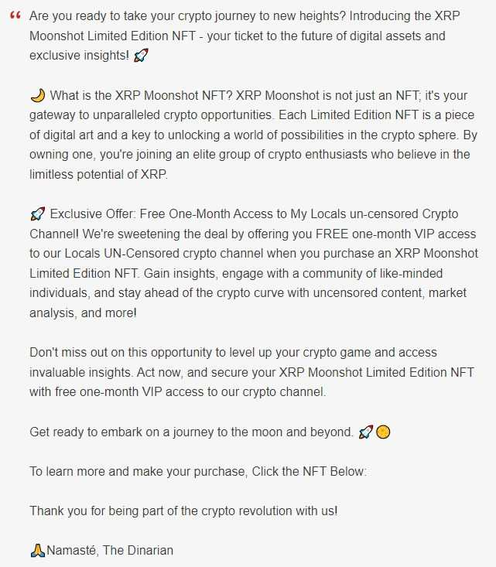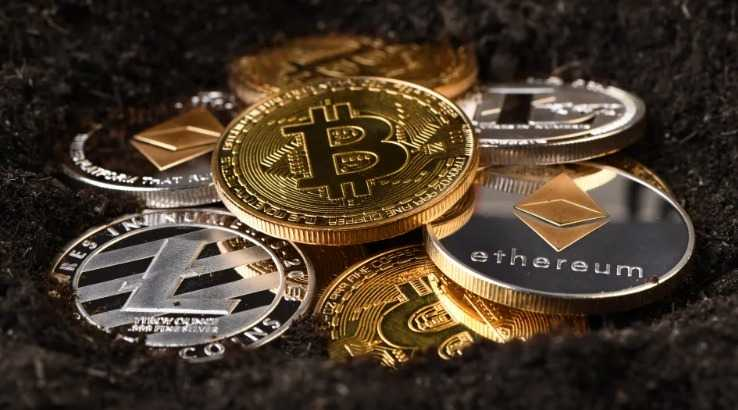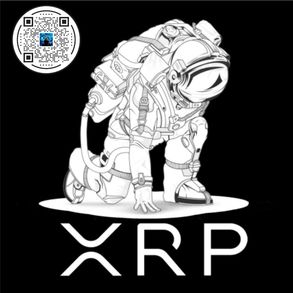The criminal trial of Sam Bankman-Fried (SBF), the founder of collapsed crypto exchange FTX, started on Oct. 14, following the implosion of the firm — an implosion which caused billions of dollars in losses to investors. SBF is facing seven federal charges. FTX, which “was regarded as one of the most respected and innovative companies in the crypto industry,” according to its bankruptcy filing, filed (along with its more than 130 subsidiaries) for Chapter 11 bankruptcy on Nov. 14, 2022.
The company’s demise has had enormous ripple effects on the crypto industry, decreasing confidence in the space and making investors shy away from crypto assets.
“One year ago it looked like SBF was on top of the world,” assistant U.S. Attorney Thane Rehn said in his opening remarks, Axios reported. “He had wealth, power and influence — all of it was built on lies.”
If you’re still trading crypto, experts are now advising how you should go about it, offering some tips for safely navigating the space in the aftermath of the FTX incident.
Understand Centralized vs. Decentralized Exchanges, Holding Hard Crypto Wallets
FTX’s demise reignited the DeFi (decentralized finance) versus CeFi (centralized finance) crypto debate, with many experts arguing that DeFi is better at providing transparency and auditability, especially given news that other CeFi lenders — Celsius and Voyager — also went bust.
“One lesson from the FTX collapse is that there is a big difference between centralized and decentralized crypto exchanges,” said Thomas Hogan, economist for the American Institute for Economic Research.
Centralized exchanges are just traditional financial companies that trade crypto assets, and in turn, they can fail from taking too much risk or even from defrauding their investors as FTX did, he said.
“In contrast, decentralized exchanges built on blockchain technology can be built to be fully transparent, fully backed by reserves, and allow zero leverage,” he added.
A key point that the FTX implosion drove home is the importance of using centralized exchanges only in the most necessary cases, experts suggest.
“If you’re a trader, then this would mean keeping most of your capital in self-custodied wallets and then use only a fraction of that capital to trade on centralized exchanges. Traders can also use decentralized exchanges entirely, which would greatly minimize the risks associated with centralized systems,”
“So, in short, only trade on centralized systems what you’re willing to lose. Keep the rest secured on your hard wallet. I should add that there are still risks with decentralized exchanges, such as hacks, so it’s important to be cautious when engaging with those.”
said Markus Levin, co-founder of XYO Network.
Choosing Proof-of-Reserves (PoR)
One solution is PoR-independent audits conducted by a third party seeking to ensure that a custodian holds the assets it claims to on behalf of its clients, as Kraken explains on its website.
“PoR is designed to offer users a clear view of the financial health of custodial institutions by reconciling the balance between their on-chain reserves and user liabilities. It works on a simple equation: Proof of Reserves + Proof of Liability = Proof of Solvency,” said David Waugh, business development and communications specialist at Coinbits.
This mechanism offers a two-fold advantage: It assures users of the platform’s solvency where they entrust their assets, and it acts as a self-regulatory measure, reducing the need for heavier regulatory interventions, per Waugh.
He added that some of the major cryptocurrency exchanges, such as BitMEX and Kraken, have taken proactive measures by conducting PoR assessments, which has set a precedent for others to follow. Coinbase implicitly does a PoR by being a publicly traded company, he said.
More About Cold Storage
One of the lessons stemming from the FTX debacle is the importance of cold storage, as gestured to above.
Cold storage — or hard wallets that are generally offline – might be somewhat of a hassle, said Bob Ras, co-creator of Sologenic.
“But it’s safer to hold your crypto like this, especially since the industry is so young and still getting its footing, including when it comes to regulation and situations like that which happened with FTX. Remember, crypto is still a very young industry, so it’s better to play it safe,” added Ras.
Beware Marketing and Branding Campaigns
Some experts also argue that part of the reason why so many people and organizations lost money with FTX is because they believed the branding narrative SBF had built for himself.
“I think people just considered him to be a once-in-a-lifetime sort of genius and, thus, they put all their crypto on FTX,” said Brian D. Evans, CEO and founder of BDE Ventures.
Phillip Shoemaker, executive director of Identity.com, added that SBF was very charismatic with venture capital people, “and VCs just ate it up, but the problem is that these VCs had terrible BS-detecting radar.”
“After all, SBF wasn’t just charismatic — he was selling snake oil. He actually didn’t know how to build a corporation or, like, the importance of separating key assets,” he said.
Conduct Due Diligence Before Investing in Crypto
One of the issues, said Shoemaker, is that there’s no system that looks at crypto companies and determines whether they are doing things by the book or not.
“We need a Moody’s for crypto — that is, auditors who look into the backgrounds of the founders and the viability of their business models,” he added.
While many have been pushing for strong regulation of the crypto space, in the meantime, many experts recommend investors evaluate cryptocurrencies based on their merits.
“Do your due diligence, and don’t buy into unsubstantiated hype. There are a number of quality blockchain projects out there. Invest in projects that have strong fundamentals. That’s always the best approach,”
said Richard Gardner, CEO at Modulus.
Another key aspect of conducting due diligence is to read the terms and conditions.
“They are a pain, but they are there for a reason. Look at the terms and conditions and ask, what can they do with my crypto if they become insolvent,” said Christopher Alexander, chief analytics officer of Pioneer Development Group. “Think from the worst case scenario, not the ‘I buy a McLaren and wear head-to-toe Louis Vuitton’ scenario. The massive returns blind people to risk.”
Don’t Put All Investments in the Same Exchange
Another recommendation from experts is to try to spread your assets across several exchanges.
“I think that going forward, a lot of traders and fund managers will be extra wary of placing all their capital on one single exchange,” said Evans. “I suspect they’ll increasingly distribute those funds across a wider variety of platforms both centralized and generalized, so as to minimize the risk of being exposed to either bad actors or poorly run platforms.”














 All while Pfizer—a company with a $2.3 billion criminal fine for fraudulent marketing, bribery, and kickbacks—was given blanket immunity from liability and billions in taxpayer dollars to produce a vaccine in record time with no long-term safety data.
All while Pfizer—a company with a $2.3 billion criminal fine for fraudulent marketing, bribery, and kickbacks—was given blanket immunity from liability and billions in taxpayer dollars to produce a vaccine in record time with no long-term safety data.
























